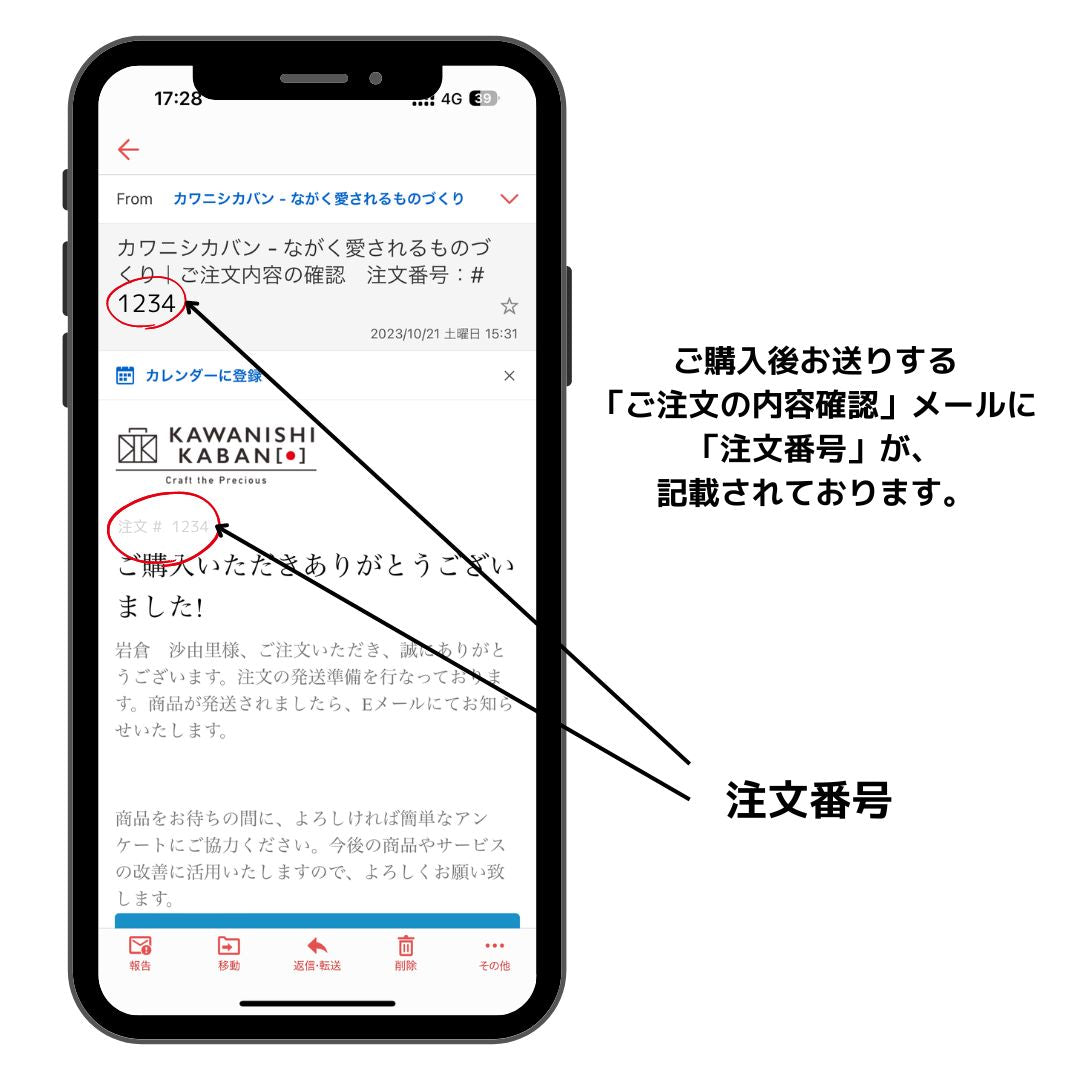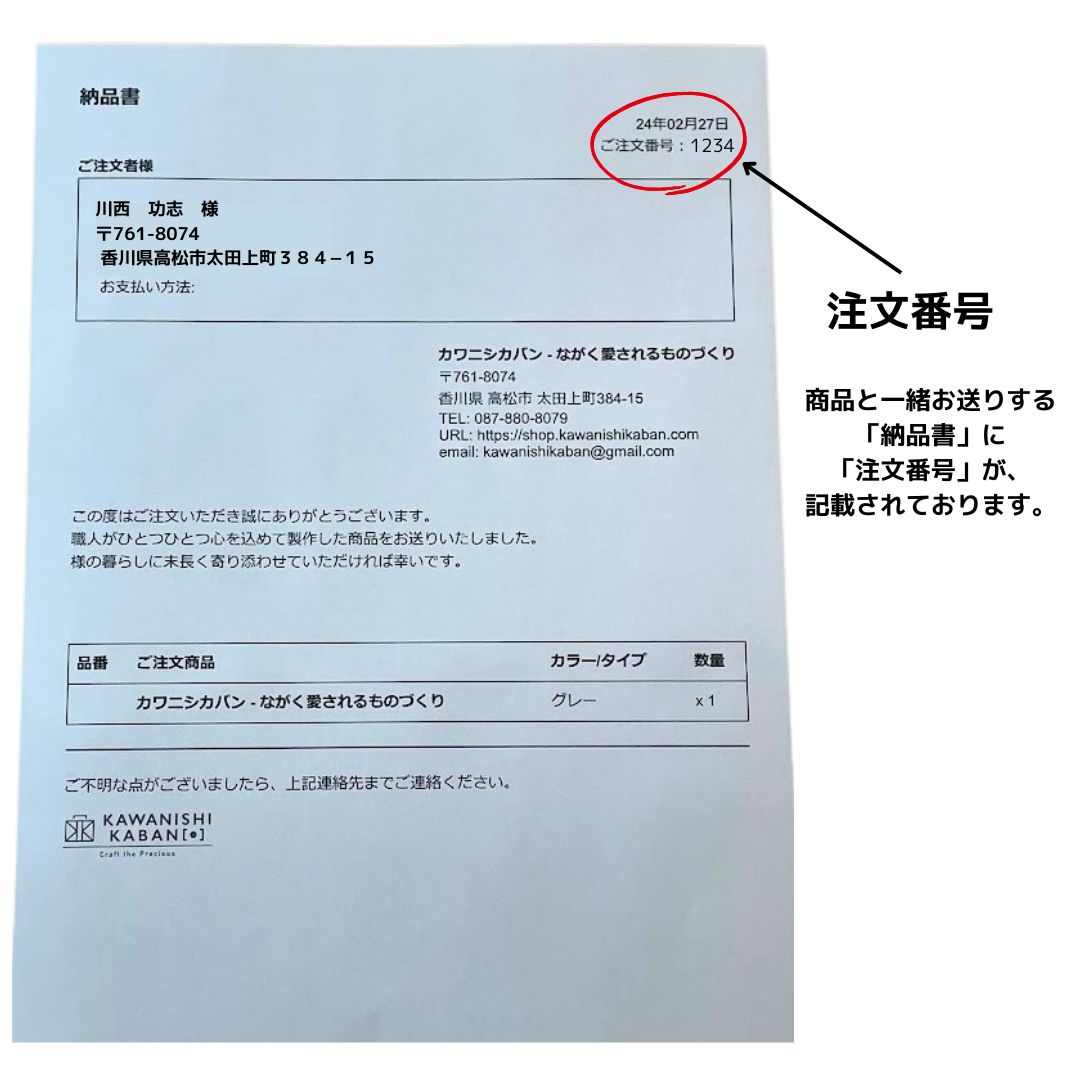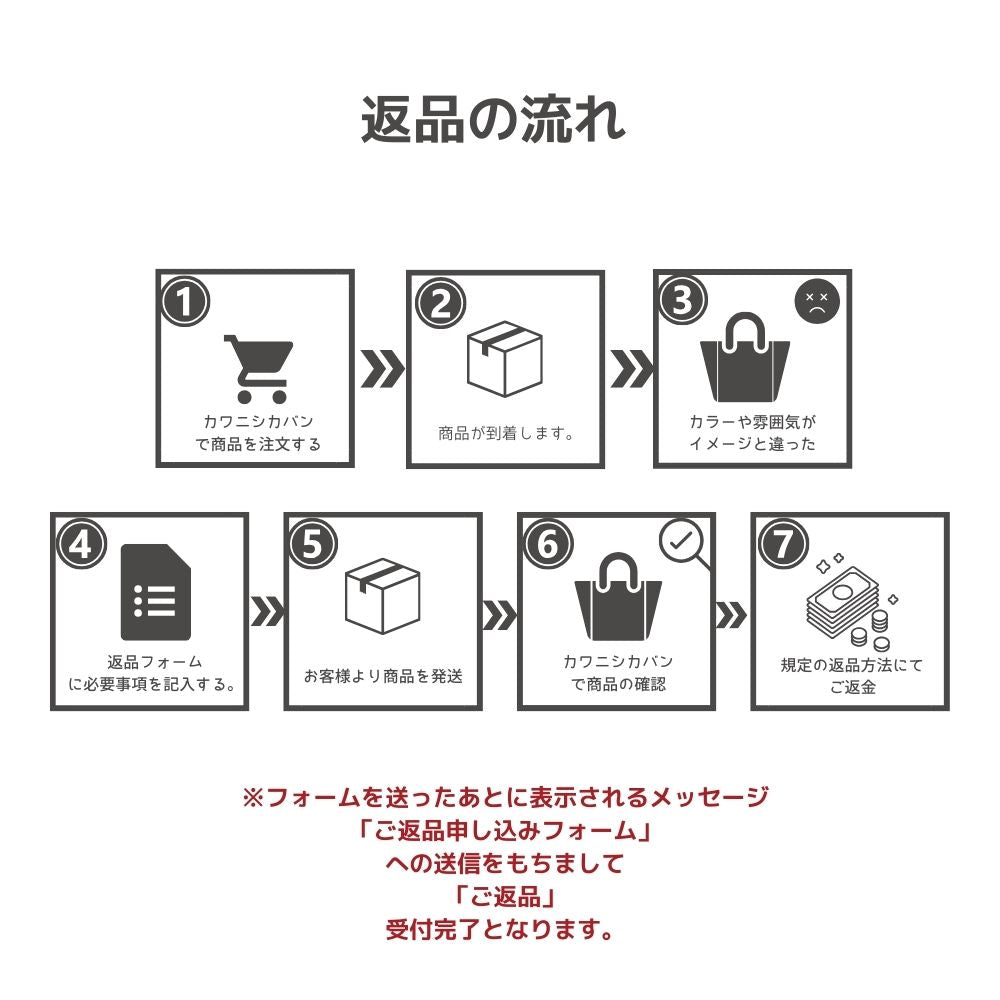What is ballistic nylon? Its strength is unmatched, but its drawbacks lie!
Have you heard of ballistic nylon?
It is an extremely tough fabric developed for military use, with excellent strength and waterproofing.
Well, a famous brand would be TUMI.
By the way, TUMI's ballistic nylon is called "FXT ballistic nylon", which is stronger than regular ballistic nylon. 
Today I'd like to introduce you to ballistic nylon!
And finally, I'll sneakily reveal some flaws ( ̄ー ̄)
[box class=”glay_box” title=”Cordura ballistic backpack”] 
Seow, a ballistic business backpack that goes well with suits [/box]
What is ballistic nylon?

Ballistic nylon is a nylon developed by the American chemical company DuPont.
It is a fiber that is said to be five times stronger than regular nylon.
Made from 1050D (denier) yarn.
For more information on denier, please visit What is CORDURA? Waterproof and durable fabric .
In fact, this fabric is also used in bulletproof vests! However, it is not a fabric that can withstand bullets.
Bulletproof vests are made of a combination of fabric, metal, plastic, ceramic and other materials to protect against bullets.
However, it is extremely durable against friction and tearing, and has excellent heat resistance, so it is probably used in bulletproof vests.
What is the difference between ballistic nylon and cordura nylon?
Speaking of nylon, we introduced Cordura nylon the other day.

Have you ever seen a bag with this logo? It's a fabric brand called CORDURA. It's not a bag or clothing brand. CORDURA is durable, water-resistant...
When I introduced it at that time, I wrote that Cordura nylon is seven times stronger than regular nylon.
So, between ballistic nylon and Cordura nylon, Cordura nylon is stronger. However, it is a mystery as to what exactly this "ordinary nylon" refers to, and ballistic nylon is made by DuPont and Cordura nylon is made by Invista.
However, INVISTA is a subsidiary of DuPont.
So it's hard to say which one is stronger.
Moreover, it seems that there is also a version of Cordura ballistic nylon, so rather than it being Cordura nylon vs. ballistic nylon, I have concluded that both Cordura nylon and ballistic nylon are just types of nylon with extremely strong strength.
Or rather, isn't the difference the denier and the backing?
Kawanishi Kaban is an OEM sewing factory, so we manufacture using fabrics selected by the customer.
In the meantime, I have handled both ballistic nylon and Cordura nylon, and my impression of them is
I think the order of strength is as follows.
There is also 1680D Cordura nylon, but I have never touched it so I can't say for sure, but from looking at the sample book, I think it is fairly close to ballistic nylon.
But there's a difference of about 500D...
Also, I have the impression that ballistic nylon is often processed on the back side.
In fact, the bags we produced in our factory also had the insides processed.
If this back processing is done properly, it will be very strong.
So, I think that not only the strength of the fabric itself, but also the processing that goes with it and the thickness of the thread that makes the fabric also play a role.
[Summary] Disadvantages of ballistic nylon

Finally, let me tell you the biggest drawback of the strong material ballistic nylon!
It's so bulky that sewing it is difficult (tears)
No. It's really hard work. Ballistic nylon is hard and heavy, and TUMI bags tend to have really intricate shapes.
From my perspective, that seems expensive.
This time we will be talking about ballistic nylon.
Well, I didn't just introduce myself, I also talked about my thoughts (laughs).
Not to add last but not least, ballistic nylon is a very strong and good fabric.
Strong and durable! Great.
But... it's pretty heavy.
If you don't mind the weight, you can buy it online, but if you are concerned, it might be better to go to the store and hold the product in person before considering purchasing it.
Well, I can't really say much about the leather though...
SHARE:






